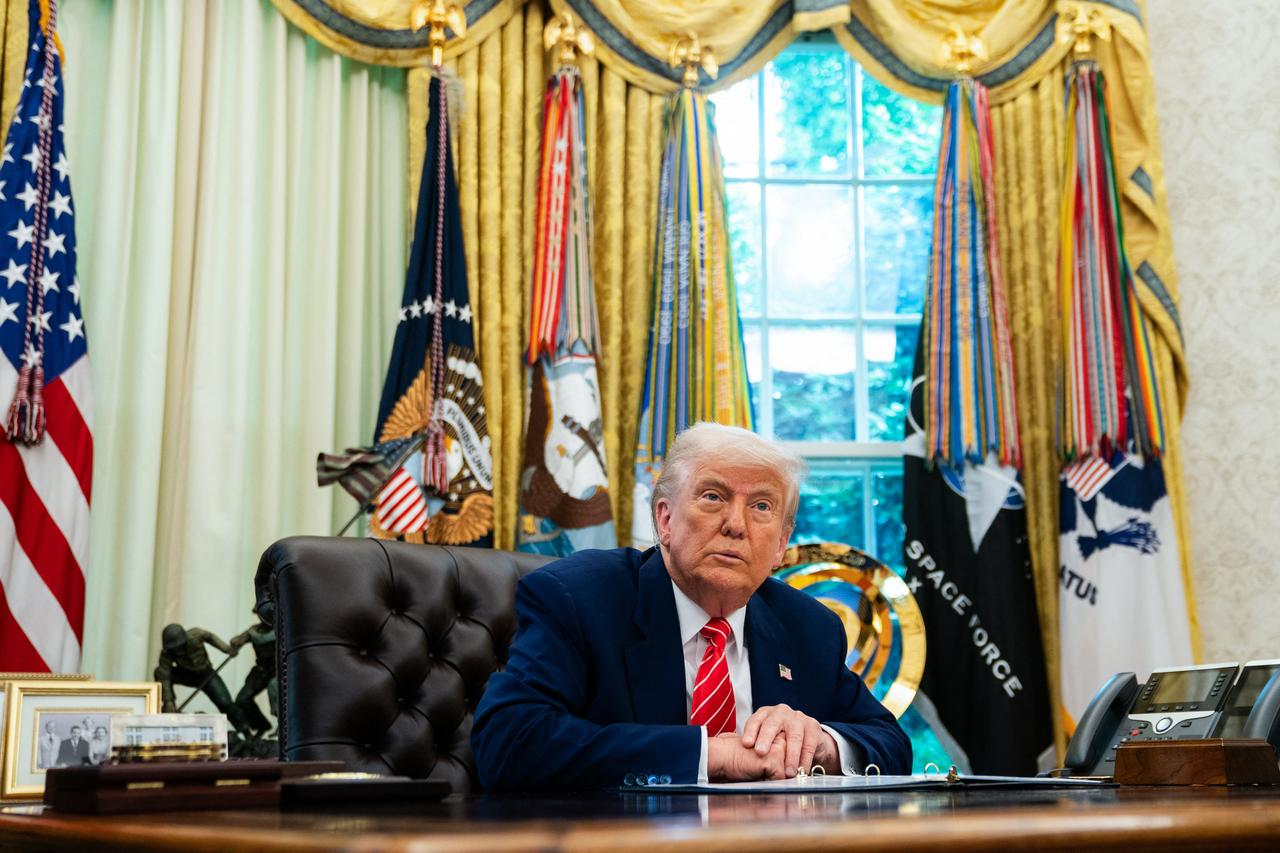
U.S. President Donald Trump stated that parties are "very close" to reaching a Gaza cease-fire agreement, indicating he expects to announce results within days.
"They are very close to a deal on Gaza. We will report the result to you today or tomorrow. We have a chance for this," Trump said during a farewell ceremony for Elon Musk at the Oval Office, responding to questions about the current status of the cease-fire agreement that Israel has approved and Hamas is considering.
The U.S. president expressed optimism about the negotiations, which involve a proposed 60-day cease-fire that would see humanitarian aid delivered by the United Nations, Red Crescent, and other agreed channels.
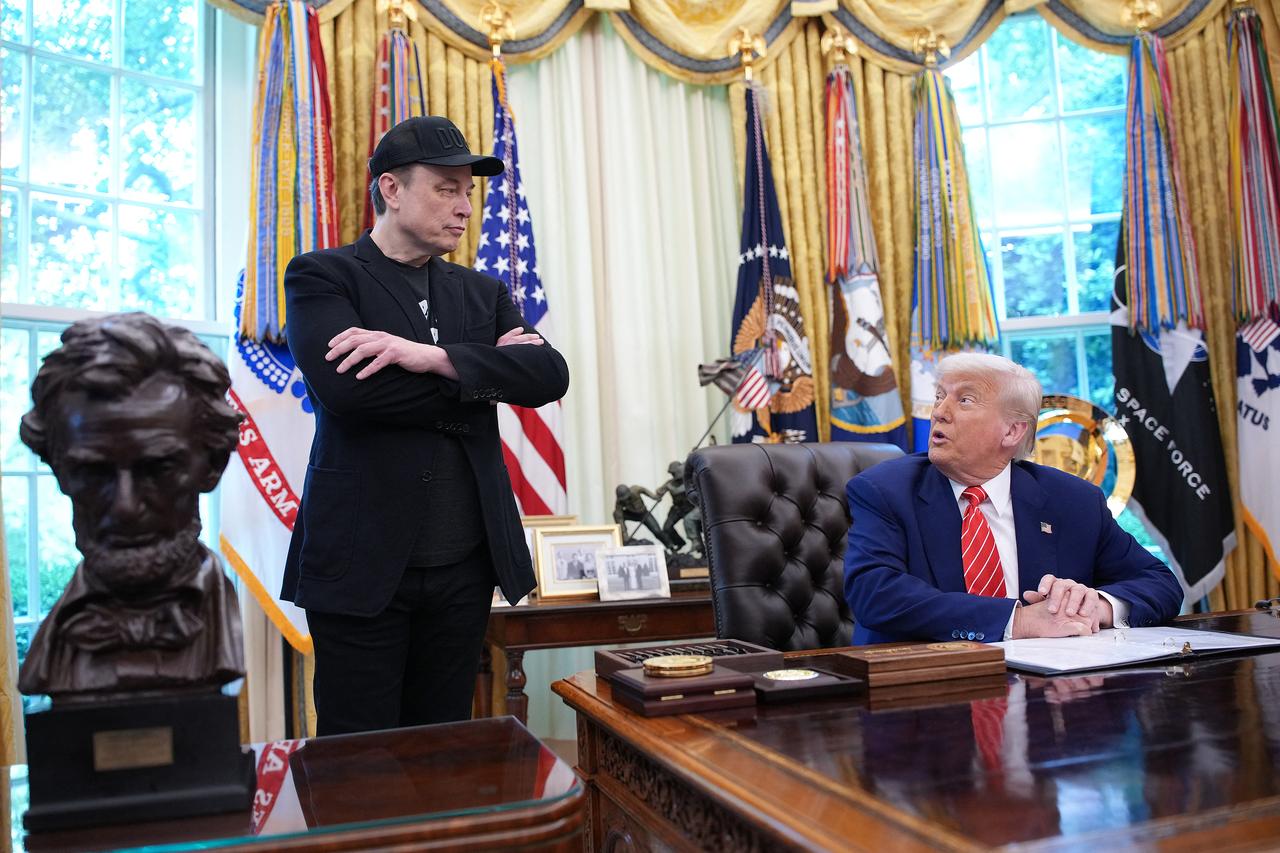
Israeli Chief of Staff Eyal Zamir reportedly stated that a potential Gaza cease-fire and prisoner exchange agreement would enable Israel to focus on Iran, according to Israeli Channel 12 television.
"The prisoner exchange agreement is not only a moral obligation and does not only aim to increase military pressure on Hamas. It will also enable us to focus on Iran," Zamir said during a closed session in recent days, according to Israeli sources.
The Israeli military leadership is reportedly considering focusing on Iran in the upcoming period, with preparations being made in case U.S.-Iran negotiations fail.
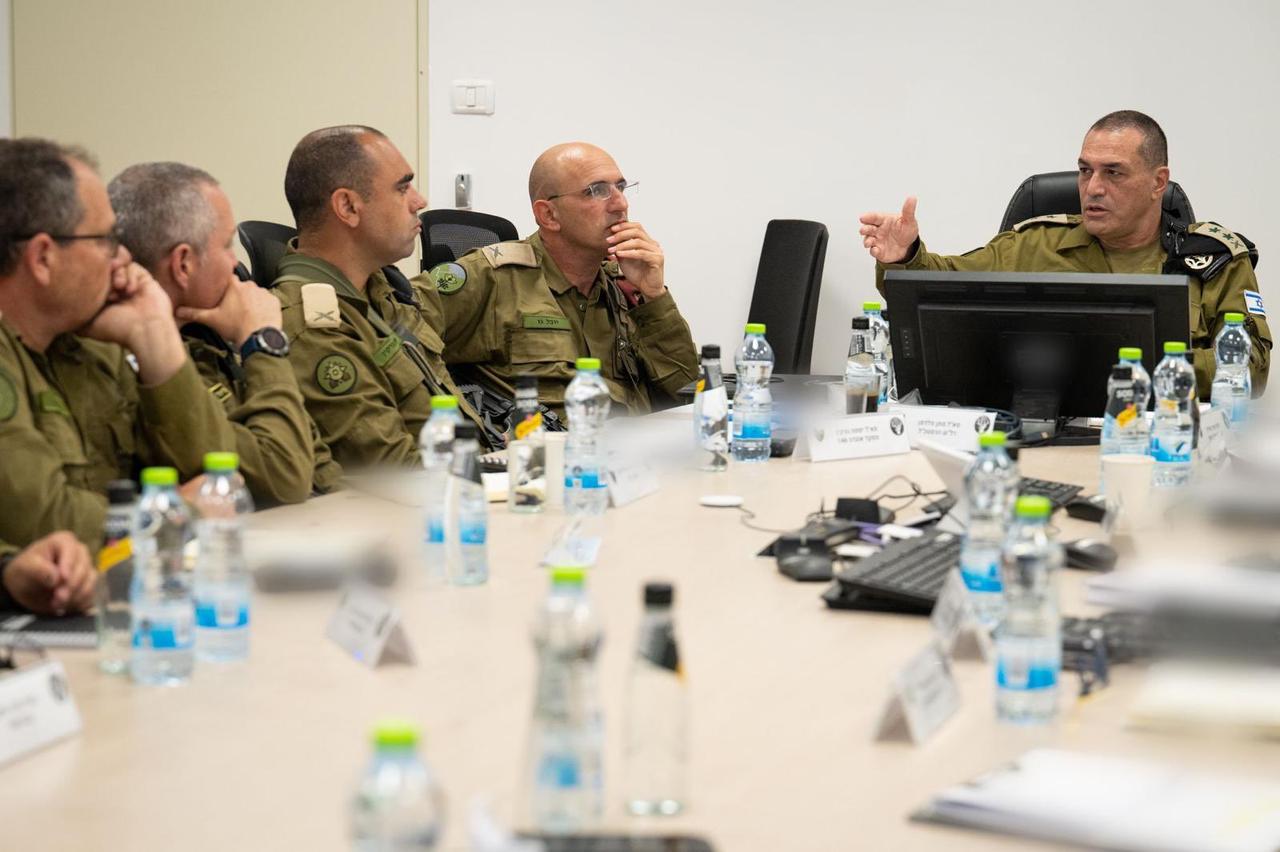
The United Nations announced that the humanitarian catastrophe in Gaza has reached its worst level since the war began on Oct. 7, 2023, with needs "exploding" after an 80-day Israeli blockade.
"Colleagues at the UN Office for Humanitarian Affairs (OCHA) say the catastrophe in Gaza is the worst since the war began," U.N. Secretary-General Spokesperson Stephane Dujarric stated during a daily press briefing.
Dujarric noted that Al-Awda Hospital in northern Gaza was forced to evacuate due to continuous Israeli attacks, and approximately 200,000 people have been displaced in just the past two weeks.
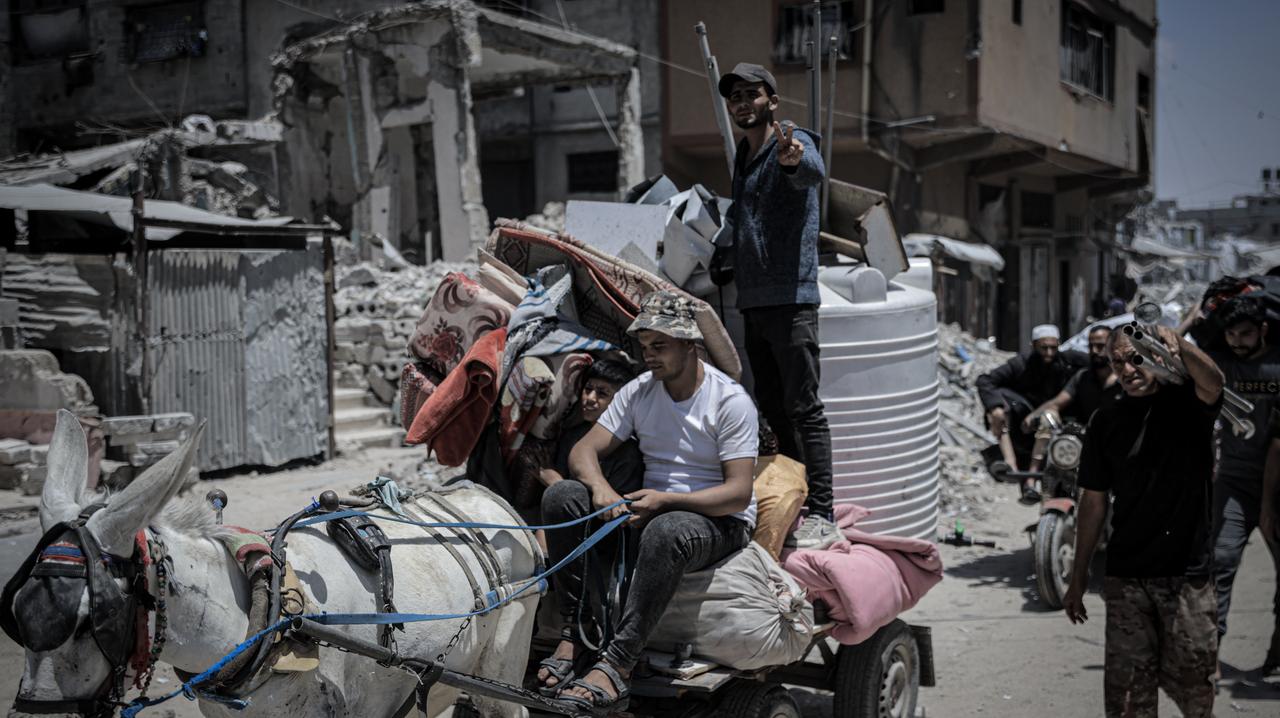
Despite the resumption of limited aid operations after Israel ended an 11-week blockade 12 days ago, humanitarian conditions continue to deteriorate rapidly.
"Any aid that gets into the hands of people who need it is good," U.N. spokesperson Stephane Dujarric told reporters. However, he added that aid deliveries so far have had "very, very little impact."
The U.N. has managed to transport only 200 truckloads of aid into Gaza in the past 12 days, hindered by insecurity and Israeli access restrictions.
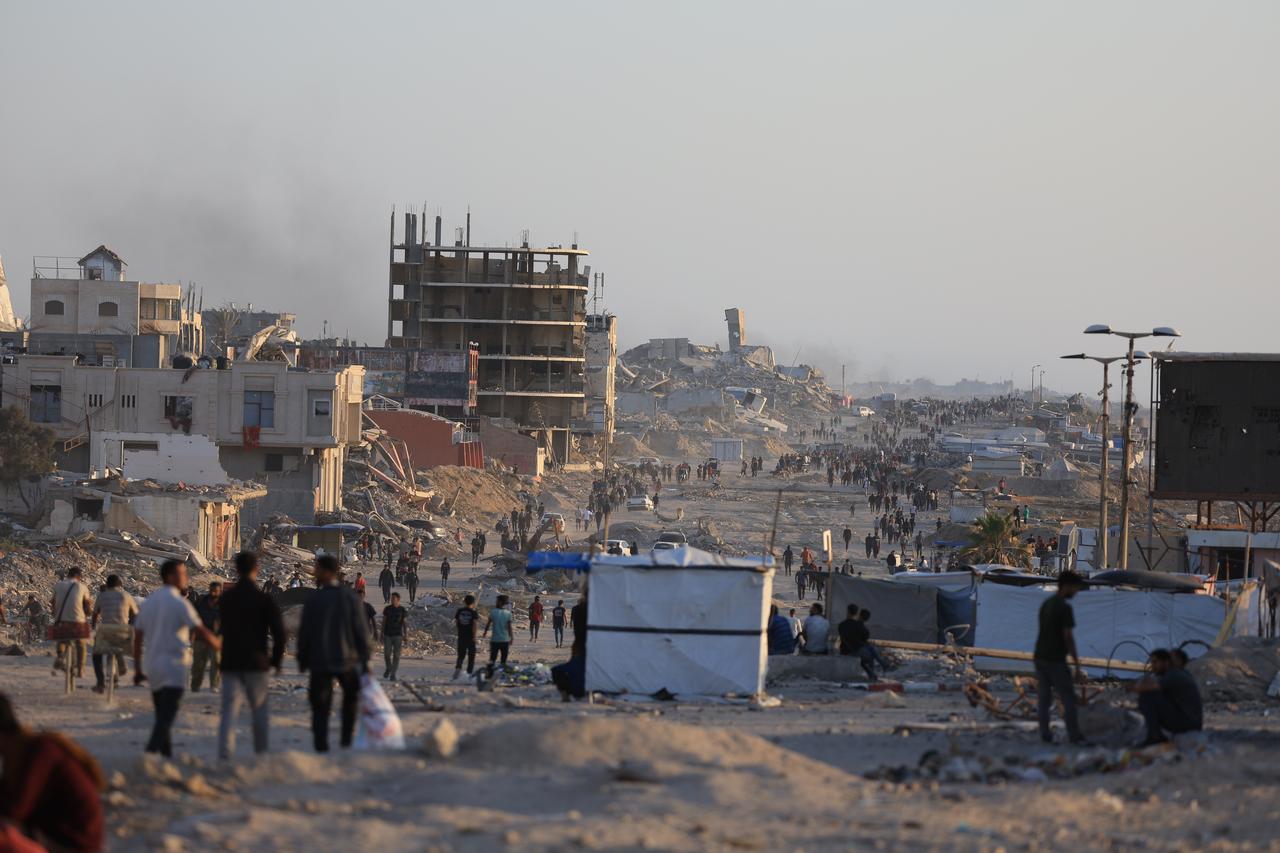
A new aid distribution avenue, the Gaza Humanitarian Foundation (GHF), launched Monday with backing from the United States and Israel, has created controversy among international aid organizations.
The U.N. and international aid groups have refused to work with the GHF because they say it is not neutral and has a distribution model that forces Palestinian displacement.
GHF reported Friday that it has distributed more than 2.1 million meals, using private U.S. security and logistics companies to transport aid for distribution at secure sites.
U.N. officials reported that desperate, hungry Palestinians have looted some aid trucks and a World Food Programme warehouse, while Israeli authorities have severely limited the types of aid permitted.
"Israeli authorities have not allowed us to bring in a single ready-to-eat meal. The only food permitted has been flour for bakeries," said Eri Kaneko, U.N. humanitarian affairs spokesperson.
On Thursday, when 65 trucks of aid managed to leave the crossing, all but five turned back due to intense fighting. The remaining five trucks carrying medical aid reached a field hospital, but armed individuals looted the warehouses.
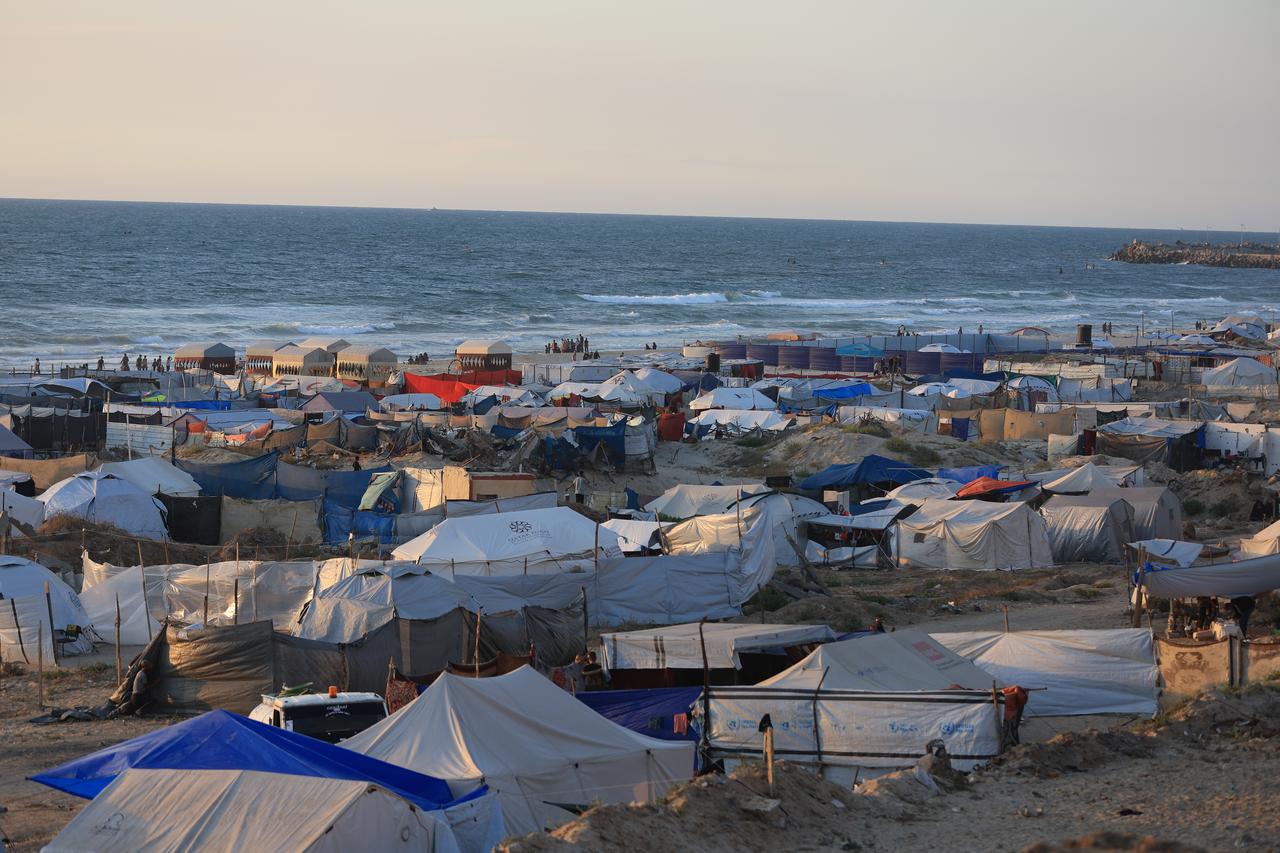
Following nearly complete blockade of aid to Gaza for 80 days, humanitarian needs have exploded across the enclave housing 2.1 million people.
"Humanitarian needs in Gaza have exploded after 80 days when aid to Gaza was almost completely blockaded. As conditions in the field worsen and public order and security deteriorate, the limited amount of aid entering is far from sufficient to support 2.1 million people in need," Dujarric stated.
The U.N. spokesperson also highlighted escalating Israeli settler violence in the occupied West Bank, noting that settlers have injured more than 220 Palestinians this year.
"This year so far, settlers injured more than 220 Palestinians, corresponding to approximately 44 people per month. This is the highest rate in the last 20 years," Dujarric said.
Israeli movement restrictions in the northern West Bank continue to prevent approximately 90,000 Palestinians from accessing healthcare, education, and livelihood sources.
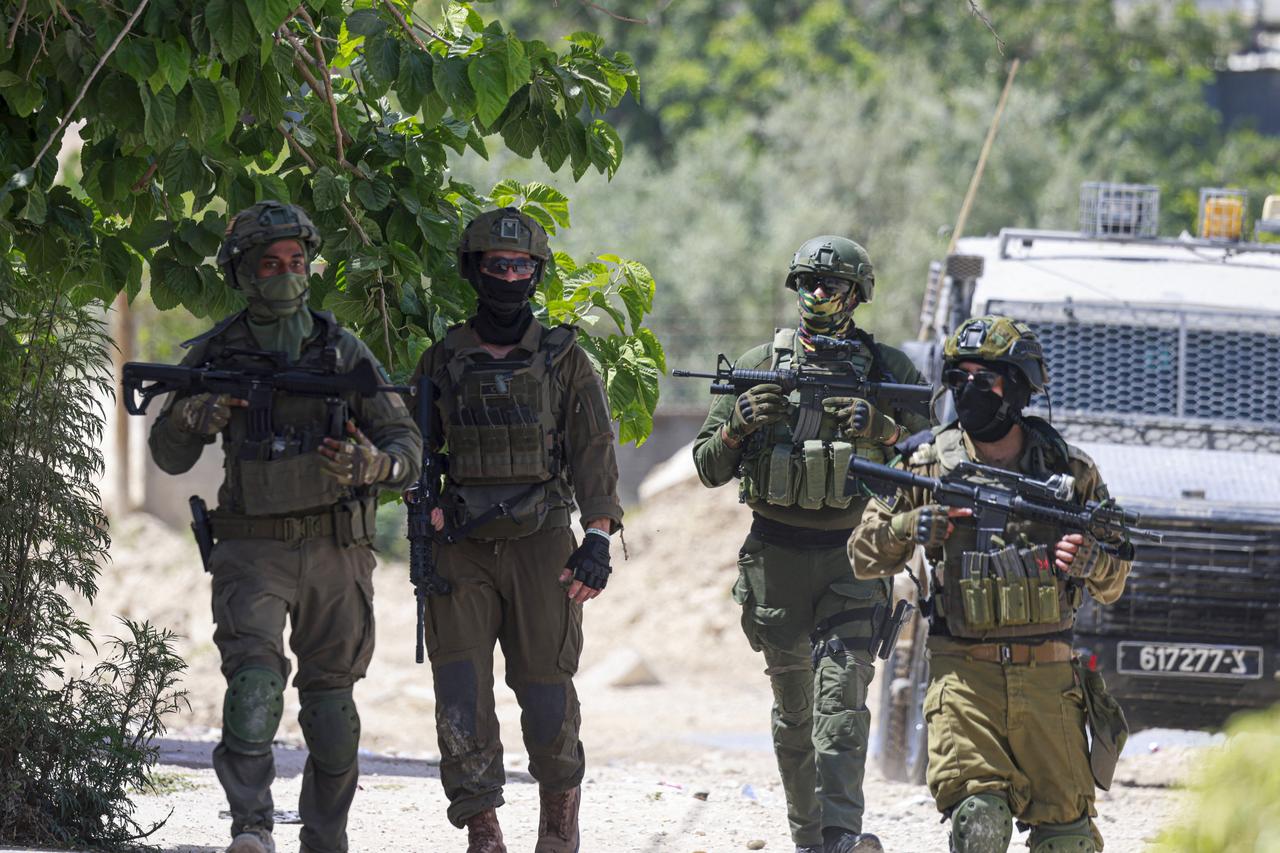
In the same Oval Office appearance, Trump indicated that a nuclear agreement with Iran might be achievable "in the not-too-distant future."
"I think we have a chance to make a deal with Iran. They would prefer to make a deal rather than be bombed. I think this agreement can happen in the not-too-distant future. We can make a deal without bombing the Middle East. This would be very good," Trump stated.
The president confirmed he had warned Israeli Prime Minister Benjamin Netanyahu against taking steps that could disrupt Iran negotiations during their recent phone conversation.